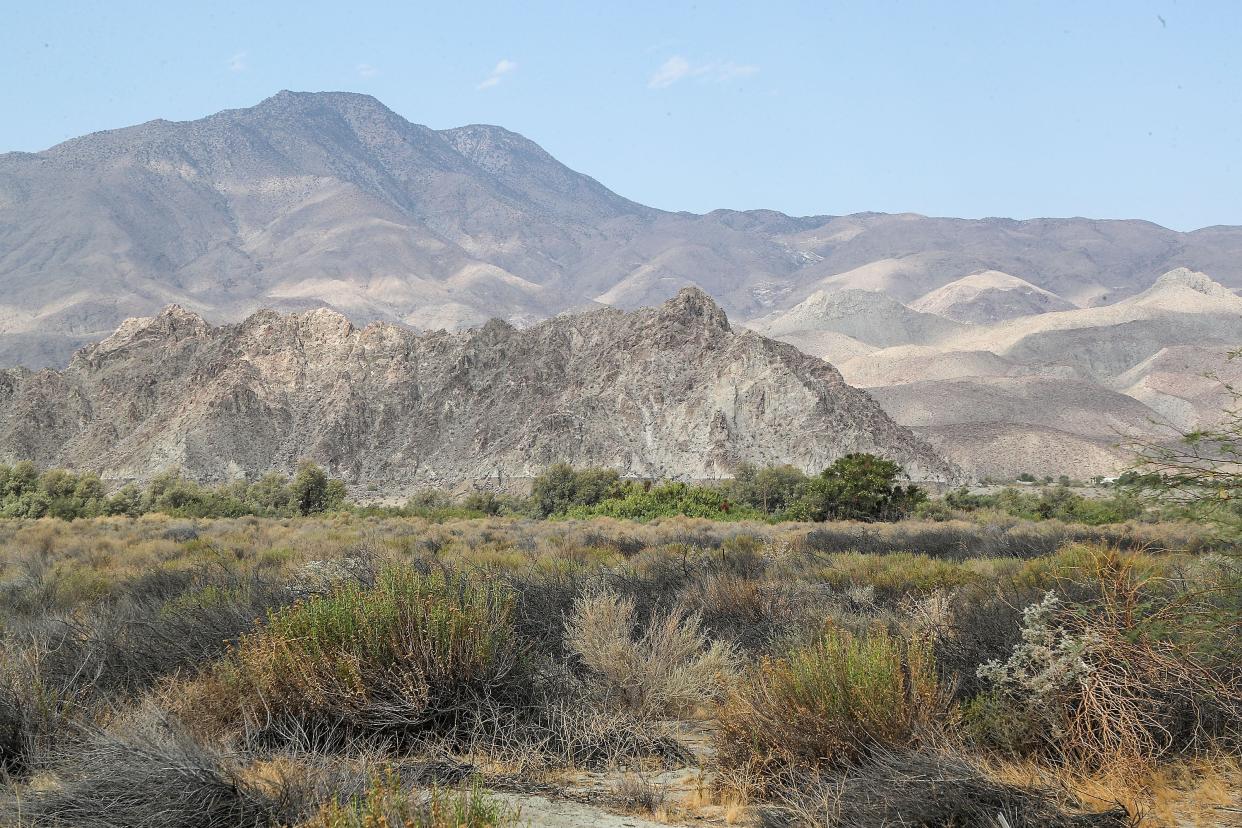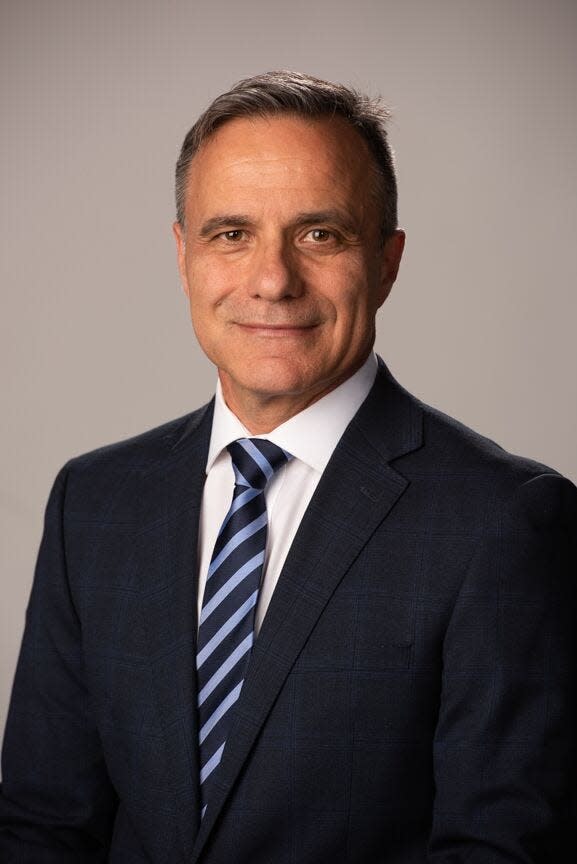Denial of La Quinta surf park development signifies a new reality in the valley

On Sept. 21, the La Quinta City Council unanimously rejected the controversial Coral Mountain surf park resort project. Plans for that project included hundreds of houses, a hotel and a high-tech surf wave basin that would have contained millions of gallons of water. What has been nearly a two-year battle to obtain approvals for the project finally came to an end.
The vote marks a major defeat for the roughly $200 million private development mapped for 386 acres of vacant land on the southwest corner of 58th Avenue and Madison Street. As part of the entitlement, the developers requested a significant amendment to the city’s General Plan. Such a request is extraordinary since a General Plan is analogous to the “constitution” of a city.
The denial of this project is a watershed moment in the Coachella Valley since it recognized the limits of development in the valley. I am proud to have represented a group of residents, La Quinta Residents for Responsible Development, that successfully stopped this project that included, at one point, the world’s largest wave pond. I am pro-development and advocate routinely on behalf of new projects in the region. However, this project truly was in the wrong place at the wrong time and was not an appropriate use of water amid a historic drought. We are in a crisis, and it can no longer be business as usual anywhere in California, including the Coachella Valley. Water is not limitless. We must embrace our desert environment instead of seeking to develop projects that seek to fundamentally reshape it.
The uproar about this project parallels a larger debate over how the Coachella Valley, with its 100-plus golf courses and other developments that are thirsty for water, should adapt to worsening water scarcity. The valley has become denser and more urban. Developments will increasingly include land near existing neighborhoods of residents who value the unique nature of the desert.
The Coachella Valley needs leaders who are committed to their constituents, who appreciate the value of untrammeled open desert, the unique nature of our desert environment with quietude and darkened night skies, and who are brave enough to say “no” to projects posing potentially existential threats to our natural resources. As Robin Silver, co-founder of the Center for Biological Diversity succinctly said, “This is the desert. It’s time to grow up.”
The vote on this project demonstrates that elected officials in the Coachella Valley have grown up on these issues. Brushing aside the revenue to the city that this project would have generated, the La Quinta City Council demonstrated that level of maturity in its vote.
The La Quinta councilmembers listened to their constituents and understood that the project deviated markedly from the city’s General Plan. The city council recognized both the impacts of a massive development on natural resources including water, noise and sound and the importance of honoring the city’s General Plan.
Going forward, developers and policymakers must recognize and acknowledge the new reality at play. Developers must be adaptive and keen to innovate to address not only the scarcity and value of water and limits of natural resources but also the interests of neighbors.

Bruce T. Bauer is of counsel with Slovak Baron Empey Murphy & Pinkney LLP. Email him at bauer@sbemp.com.
This article originally appeared on Palm Springs Desert Sun: Denial of La Quinta Coral Mountain surf park signifies a new day

